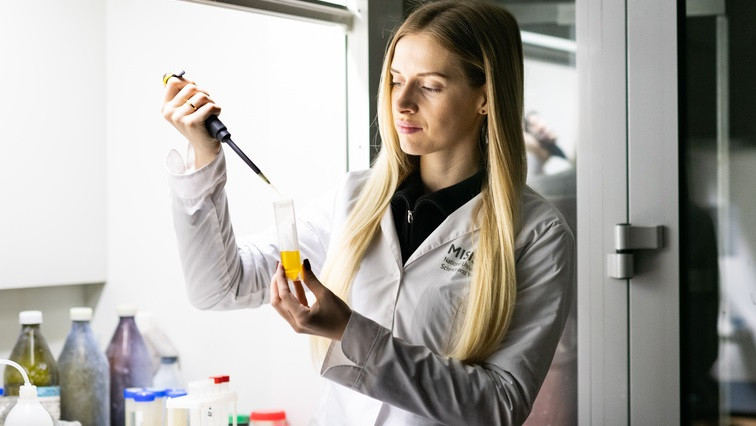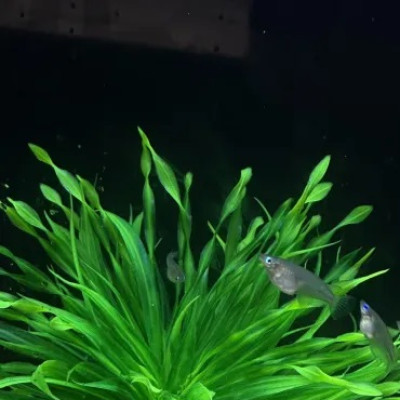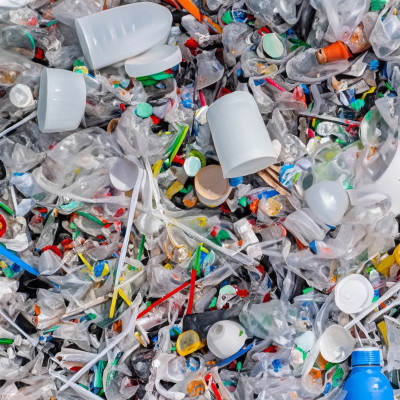As a result of the increase in the use of medicines, the accumulation of antibiotics and their degradation products in wastewater has become a serious problem for humans and the environment. Most often, antibiotics end up in rivers and groundwater as waste from pharmaceutical enterprises, medical and pharmacy institutions, and agriculture. The presence of antibiotics in water leads to an increase in the resistance of bacteria and microorganisms to them, the development of allergic reactions, and even the multiplication of dangerous bacteria.
Currently, there are various methods of wastewater treatment. However, each method has its own limitations. Sorption is one of the simplest and most inexpensive purification methods that does not require complex manufacturing structures or additional chemical reactions.
The scientists from the NUST MISIS Research Center “Inorganic Nanomaterials” and the Laboratory of Digital Materials Science have decided to focus precisely on this topic. For the proposed method, there is no need to create special expensive equipment or artificially introduce additional chemical or biologically active components into the system that can upset the ecological balance. Simply pass contaminated water through a filter or a suspension of boron nitride nanoparticles.
“According to theoretical modeling, the antibiotic tends to adhere to the surface of the sorbent without forming a chemical bond, the so-called adsorption process. At the same time, the antibiotic does not decompose and, therefore, no by-products are formed,” says one of the authors of the study, senior researcher at the Laboratory of Digital Materials Science, Antipina Lyubov.
The sorbent created by the researchers on the basis of hexagonal boron nitride is able to effectively purify wastewater from antibiotics. In their study, NUST MISIS researchers selected three types of antibiotics, which are among the most common pollutant.
“Hollow nanoparticles based on hexagonal boron nitride have been proposed as a sorbent for water purification from antibiotics. The removal efficiency of bicillin, tetracycline and ciprofloxacin from aqueous solutions was studied for 28 days using UV spectrophotometry. According to the results obtained, nanoparticles remove molecules of the studied antibiotics much more efficiently than other known adsorbents,” explains one of the authors of the study, an engineer at the Inorganic Nanomaterials Research Center, Kristina Kotyakova.
The main advantages of filters based on boron nitride nanoparticles are environmental friendliness and reusability. In the process of research, the authors developed a protocol for the purification of sorbents from antibiotics, which is important for their practical application, since this material can be reused.
The method proposed by scientists for obtaining the material is quite simple and easily reproducible. The greatest contribution to the cost of the proposed sorbent is made directly by the synthesis of nanoparticles. However, on an industrial scale, after working out this process, their production will become much cheaper.
In the future, scientists plan to increase the sorption capacity of nanoparticles by applying a polymer and depositing metal ions, as well as expanding the range of antibiotics under study.
Read the original article on National University of Science and Technology MISIS.







